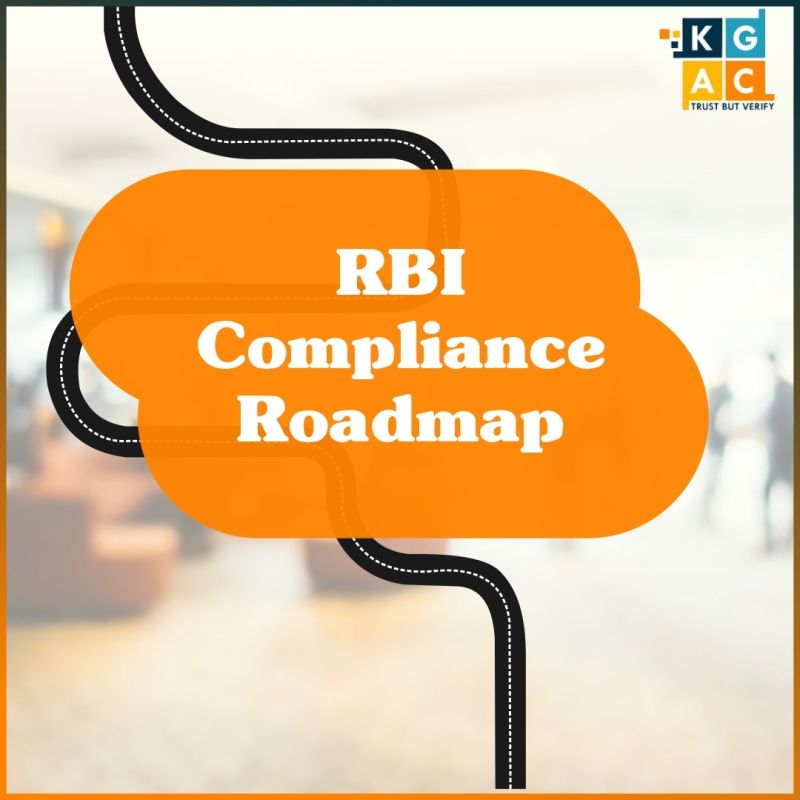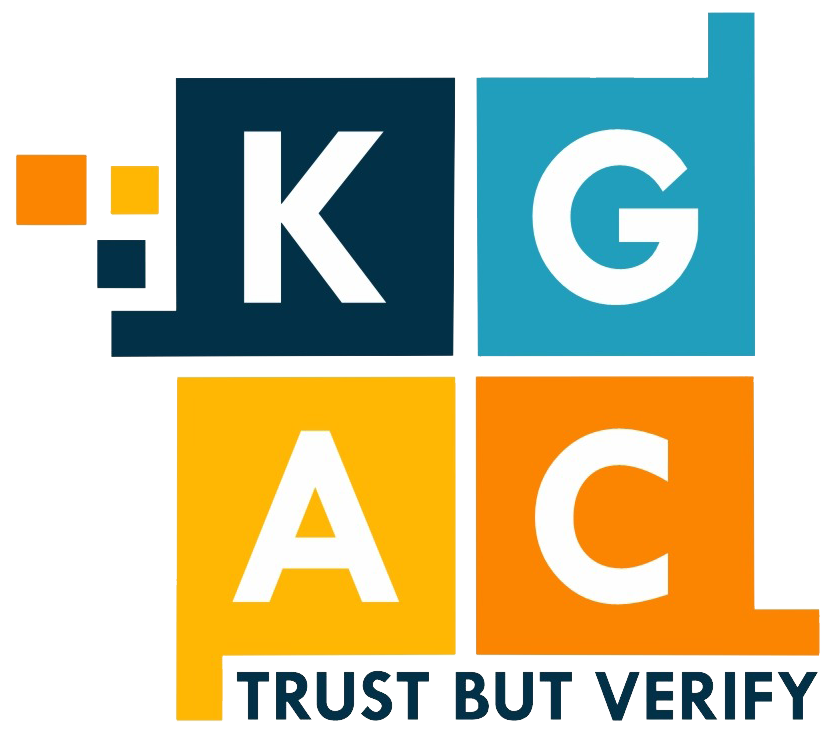
𝗧𝗵𝗲 𝗥𝗲𝘀𝗲𝗿𝘃𝗲 𝗕𝗮𝗻𝗸 𝗼𝗳 𝗜𝗻𝗱𝗶𝗮 (𝗥𝗕𝗜) is the central banking institution of India and is responsible for the regulation and supervision of the country’s financial system.
𝗡𝗼𝗻-𝗰𝗼𝗺𝗽𝗹𝗶𝗮𝗻𝗰𝗲 with RBI rules and regulations can have serious consequences for individuals, businesses, and financial institutions.
It is crucial to adhere to the checklist set by the RBI to maintain the stability and integrity of the Indian financial system.
✅Stay updated on all relevant banking regulations, including those from the central bank (e.g., RBI in India) and other regulatory authorities.
✅Implement and adhere to robust CDD and KYC procedures to identify and verify customer identities.
✅To carry out annual review due diligence of the service provider and keep a strict eye to ensure that customers are not contacted after 7 p.m. and before 7 a.m.
✅Act promptly to check whether interest was charged starting from the disbursement due date rather than the actual disbursement date, which goes against the terms and conditions of the loan approval.
✅Establish a mechanism for employees and stakeholders to report compliance concerns and violations without fear of retaliation.
✅Maintain detailed records of compliance activities, audits, assessments, and corrective actions taken.
✅Develop and maintain comprehensive compliance policies and procedures that cover all aspects of banking operations. Ensure that these policies are documented, accessible, and regularly updated.
By adhering to these key points, banks can reduce the risk of non-compliance and maintain a sound and ethical banking environment.
Otherwise, RBI can impose huge penalties on the financial institutions
based on the deficiencies in regulatory compliance.
Please note that this serves as a reference or example, and for a more comprehensive analysis, it is advisable to reach out to The KGAC or other firms.
